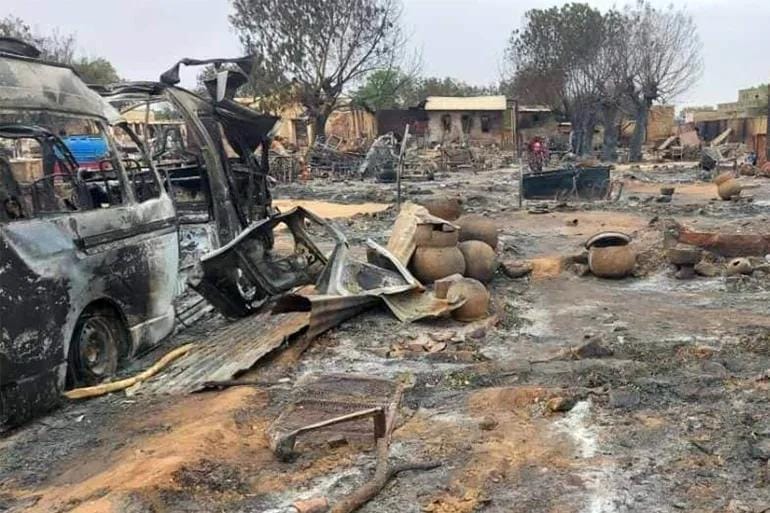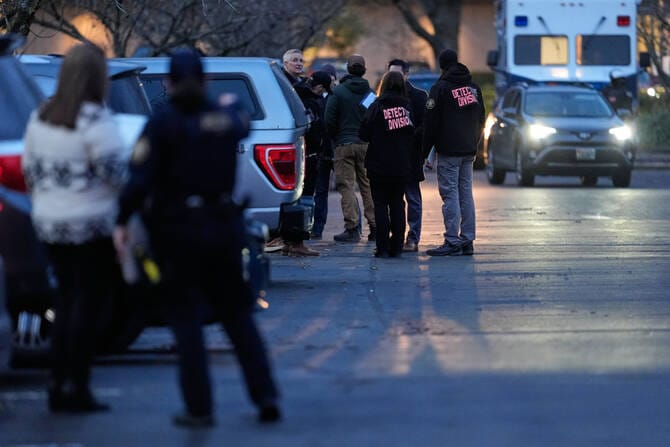Today’s Crimes… The Ideological Surplus of Yesterday

“Until a man confronts his own shadow, he will project it onto others and see them as enemies—fighting them while in truth he battles himself.”
— Carl Jung
The war in Sudan is not a blind twist of fate; it is the natural harvest of a poisoned consciousness, watered for decades with hatred until it bore nothing but death. There can be no end to violations without ending the war itself—because atrocity is not an accident of war but its very nature. And no war truly ends without negotiation; every battle that begins in the field must be concluded at the table, where the whip of language replaces the noose of death.
The Islamists—heirs to tyranny and masters of dark cunning—know that any genuine settlement would mean their full disappearance from the scene and the exposure of their long-orchestrated corruption. They would rather see the nation burn than lose their power, rather watch the land decay than see their thrones fall—even if that means casting an entire people into the guillotine to escape the judgment of history.
But the most dangerous legacy of this war is not its physical destruction. It is the psychological devastation—the slow unravelling of a generation of young fighters.
Freud observed that when human beings are trapped in cycles of violence, they lose the balance of instinct and succumb to what he called the “death drive”—a compulsion toward destruction that seeks meaning through annihilation. Erich Fromm later explained that in times of war, the moral structure of the soldier collapses because killing becomes a profession rather than a crime. Heroism turns into a license for cruelty. And Viktor Frankl, reflecting on the loss of meaning, showed that when a person is stripped of purpose, violence becomes his only proof that he still exists.
This is the tragedy we witness today in Sudan. Many soldiers have been deprived of meaning; they have condensed their entire existence into the rifle. Their capacity for empathy has been stripped away. As military psychologists would put it, they are victims of “emotional numbing”—unable to feel pain, unwilling to obey even orders to treat prisoners with dignity or to protect civilians with mercy.
War has become a dreadful laboratory for the distortion of souls. Killing is no longer defense—it is identity. Blood has become a badge of belonging.
What we now witness in the form of crimes against humanity is nothing but the ideological surplus of the past: every bullet fired, every village burned, is a repetition of that first moment when this nation’s consciousness was stolen—when its memory was turned into a weapon against itself by those who filled generations with illusions of divine privilege, racial superiority, and sectarian purity, before throwing them into the furnace of a war cynically called “the battle for dignity.”
The first step toward healing, therefore, is to renounce the worship of blood and to recognize that true victory lies not in crushing the other, but in restoring our shared humanity. Sudan will not be rebuilt on revenge or the applause of pain, but on rediscovering meaning within the human being himself.
Only then can Sudan rise from its ashes—not as a state of victors, but as a homeland for survivors of hatred, those who emerged from the inferno carrying the torch of a new consciousness: life after death, compassion after madness.





